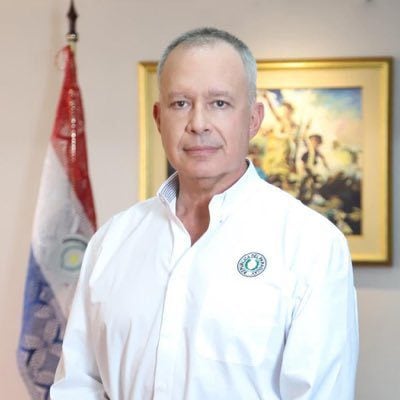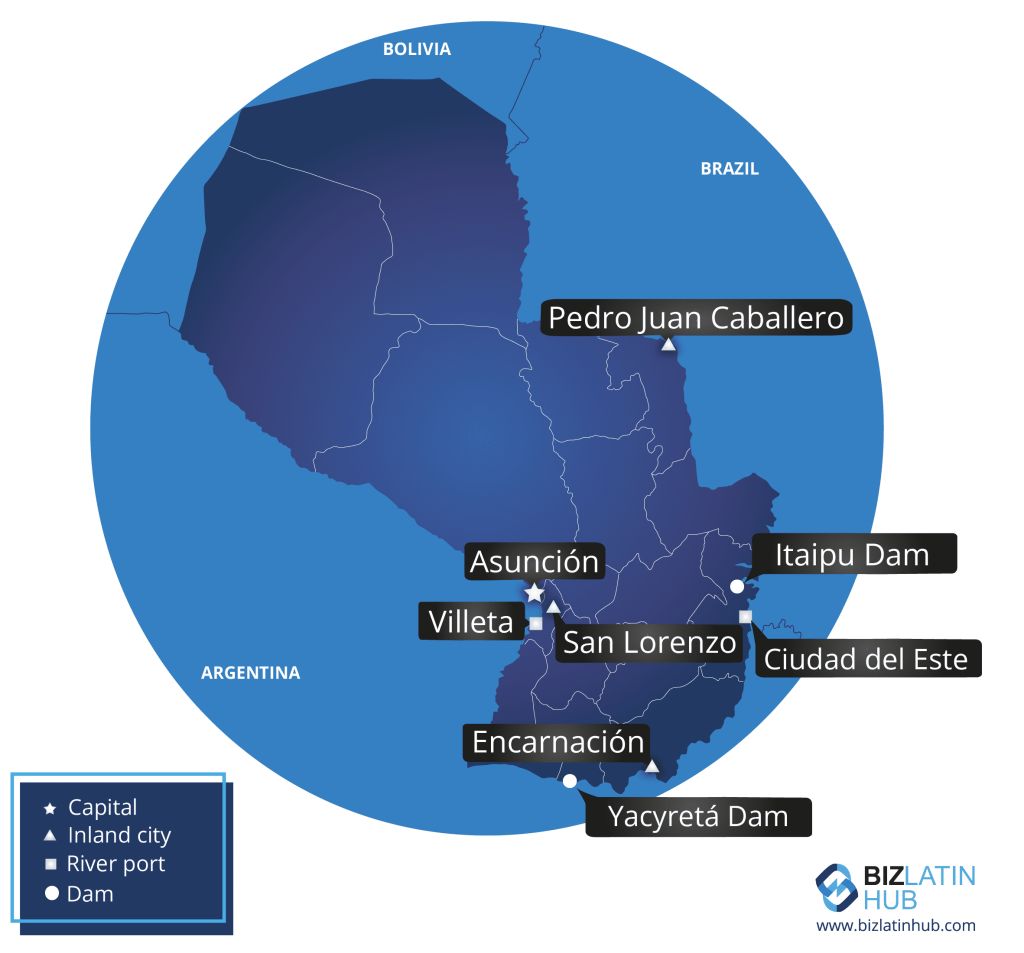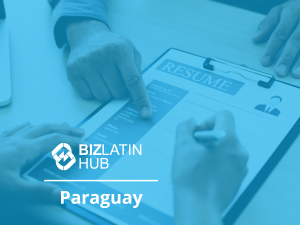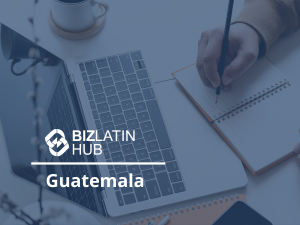A new law seeking to regulate Bitcoin in Paraguay could see the South American nation become the second country in the world to accept the cryptocurrency as legal tender, after El Salvador adopted it in September.

Debates held over recent weeks in the Senate of Paraguay have followed months of discussions and the development of legislation that would see cryptocurrencies taxed and mining the currency regulated, and potentially result in the legalization of Bitcoin, the most widely used cryptocurrency.
Cryptocurrency (commonly referred to as “crypto”) is virtual currency that is secured by cryptography to make it almost impossible to counterfeit, with many cryptos being based on blockchain technology, which allows them to be easily traced.
SEE ALSO: How To Register a Business in Paraguay
The current legislation, which has been referred to as the ‘Paraguay Bitcoin Law,’ was first promoted by Senator Fernando Silva Facetti in July, weeks after the El Salvador Bitcoin law passed. At the time, Silva told local press that the intention was to regulate something that was already in widespread use.
“This is not a legal tender, this is a commodity and the purpose of the law is to regulate and control this industry,” Silva was reported saying by La Nacion. According to the newspaper, Silva stated that the law would cover all cryptocurrencies.
Silva worked on the legislation alongside Congressman Carlos Rejala, who initially sparked speculation about the possibility of legalizing Bitcoin in Paraguay after sending out a tweet in June stating that the country would “legislate Bitcoin” the following month.
However, in an interview with Reuters he subsequently insisted that the intention was not to accept crypto as legal tender.
“It is a bill of digital assets and it differs from that of El Salvador because they are taking it as legal currency and in Paraguay it will be impossible to do something like that,” he said.
Yet Rejala has since declared his intentions to run for president in 2023 and stated that if elected he would legalize Bitcoin, and a swirl of recent local and international press reports have suggested that accepting it as legal tender is a strong possibility.
Renewable energy offers clean Bitcoin in Paraguay
Paraguay is one of the world’s largest net energy exporters, with almost all of its electricity needs met via hydroelectric power, and 90% of the energy it generates exported, mainly to neighbouring Argentina and Brazil.

That is in large part thanks to three hydroelectric projects, two of which are binational. The massive Itaipu Dam, run in partnership with Brazil, has the second-largest production capacity among hydroelectric projects globally and represents 86% of Paraguay’s power generation, and which covers all of the country’s domestic electricity needs.
Less than 10 kilometers away is the much smaller Acaray Dam, which provides approximately 3% of Paraguay’s generated power. The Yacyretá Dam, meanwhile, is run in conjunction with Argentina and is responsible for approximately 11% of Paraguay’s power generation.
The fact that Paraguay runs entirely on renewable energy not only means that the country has significantly lower tariffs than many other countries in the region, but also means that cryptocurrencies can be “mined” at minimal environmental cost.
For many cryptos, such as Bitcoin, new currency enters the market through a process known as “mining,” which involves a race between miners to solve highly complex mathematical problems. That demands powerful computers and large amounts of electricity, drawing considerable criticism due to the carbon footprint involved.
That makes Paraguay a potentially ideal location for mining crypto, and has seen multiple Chinese groups involved in the practice express an interest in establishing mining operations in the South American country.
In October, Chinese e-commerce and financial technology (fintech) company Future FinTech announced plans to build a large facility to mine Bitcoin in Paraguay.
Paraguay full of opportunities for investors
As has been seen in El Salvador, the legalization of Bitcoin in Paraguay is likely to bring a great deal more attention to the country among news outlets and investors, having long been one of the less fashionable destinations in the region for doing business.
However, like in El Salvador, the regulation and potential legalization of Bitcoin in Paraguay, threatens to potentially deflect attention away from the very strong conventional investment opportunities available in the country.
Among many reasons to invest in Paraguay are the country’s young and competitive workforce, impressive real estate returns, historic stability, and streamlined residency for investors.
The country also has an increasingly international outlook, in recent years seeking to establish norms based on stringent international standards, and currently negotiating with Chile to establish its first bilateral free trade agreement (FTA).
While casting more light on the country among international investors will be welcomed by the government and potentially good news for the economy, there is a possibility that legalizing Bitcoin in Paraguay would dominate the headlines and attract a different type of investor to those that could bring major benefit to the country.
An example can be found in the energy sector, where a lack of investment in transmission and distribution networks causes unnecessary losses and places strain on the system.
Biz Latin Hub can assist you doing business in Paraguay
At Biz Latin Hub, our bilingual team of corporate support specialists is ready to assist you entering and doing business in Paraguay.
We offer tailored packages of back-office services to suit every need, based on a portfolio that includes company formation, accounting & taxation, corporate legal services, visa processing, and hiring & PEO.
With offices in 16 markets around Latin America and the Caribbean, our unrivaled regional reach also means we are ideally situated to assist in multi.jurisdiction market entry and operations.
Whether you are interested in Bitcoin in Paraguay or plan to invest in more conventional commercial activities, contact us now to find out about how we can assist you.
Or learn more about our team and expert authors.





